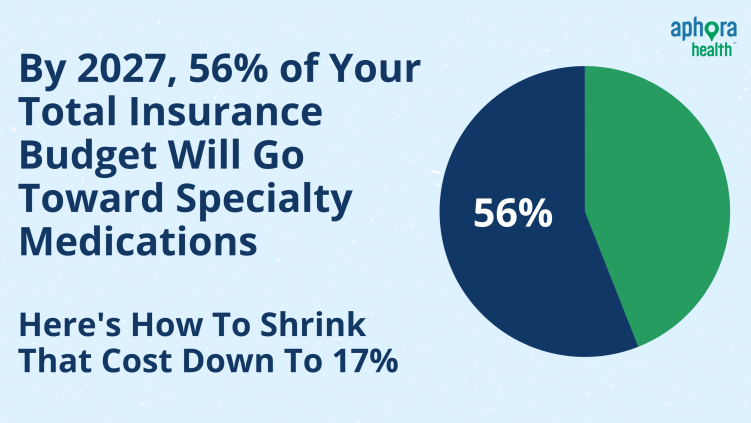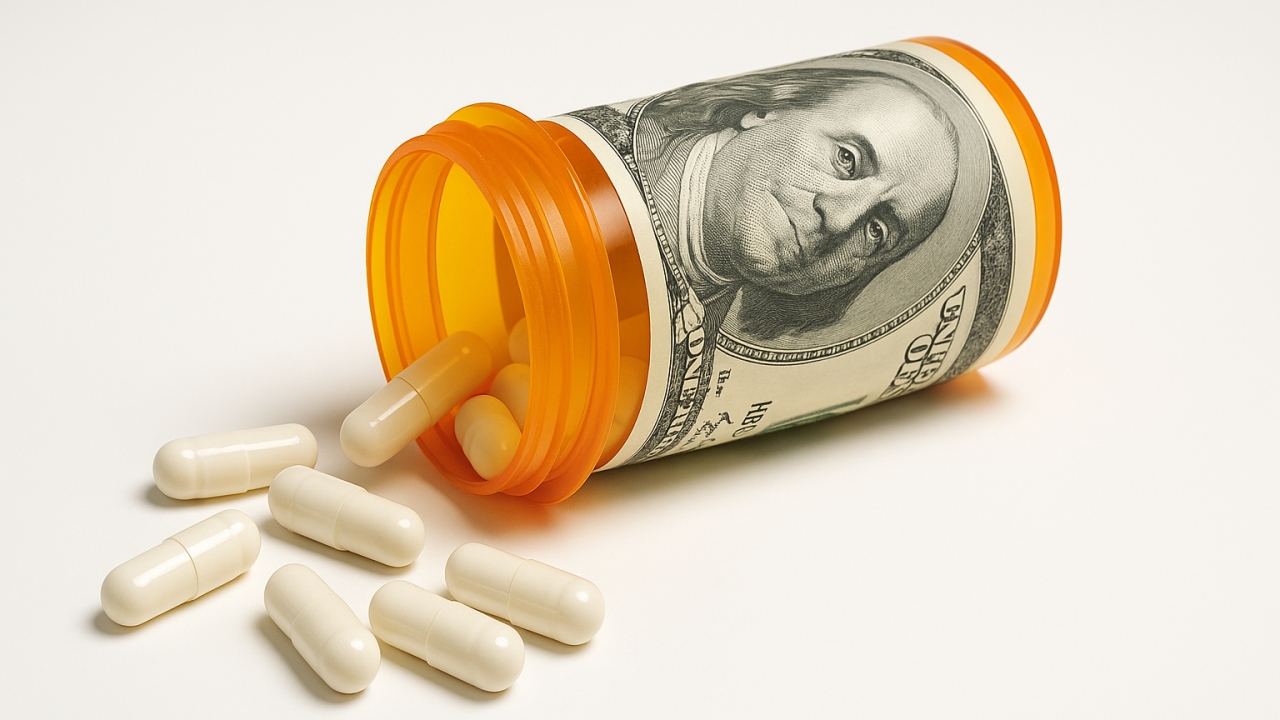
The traditional approach -- fully insured health plans -- shifts risk to an insurance carrier in exchange for predictable monthly premiums. However, self‑funded plans, where the employer pays medical claims directly, have grown steadily in popularity because they offer greater control and the possibility of substantial savings. As more companies move into self‑funded plans, the real differentiator will be how well they manage the most volatile part of health care spending: prescription drugs.
Learn More
That’s not fantasy. That’s what we do. Aphora Health saves companies up to 70% on Specialty Medications.
Learn More
In 2013, the average cost of a year’s worth of specialty drugs was $53,000. If prices had risen at the rate of inflation, that number would land around $71,000 in 2025. Instead? It’s $84,000. That’s 18% higher than the projection at scale, and it’s also just the average, meaning many price tags are even higher.
Learn More
And no, we’re not talking about rare outliers. Specialty drugs, once niche, now dominate the pharmaceutical pipeline. They treat conditions like cancer, rheumatoid arthritis, Crohn’s disease, and multiple sclerosis. Only 1–2% of employees may need them, but those claims can drive up to 80% of your pharmacy costs.
Learn More
Many states now require PBMs to disclose aggregate spending and rebates, and to pass a portion of rebates directly to consumers. Yet even with these laws, employers often find that the majority of rebate dollars are used to offset premiums rather than reduce out‑of‑pocket costs. As a result, employees continue to pay high copays while plan sponsors and PBMs split the rebate savings.
Learn More